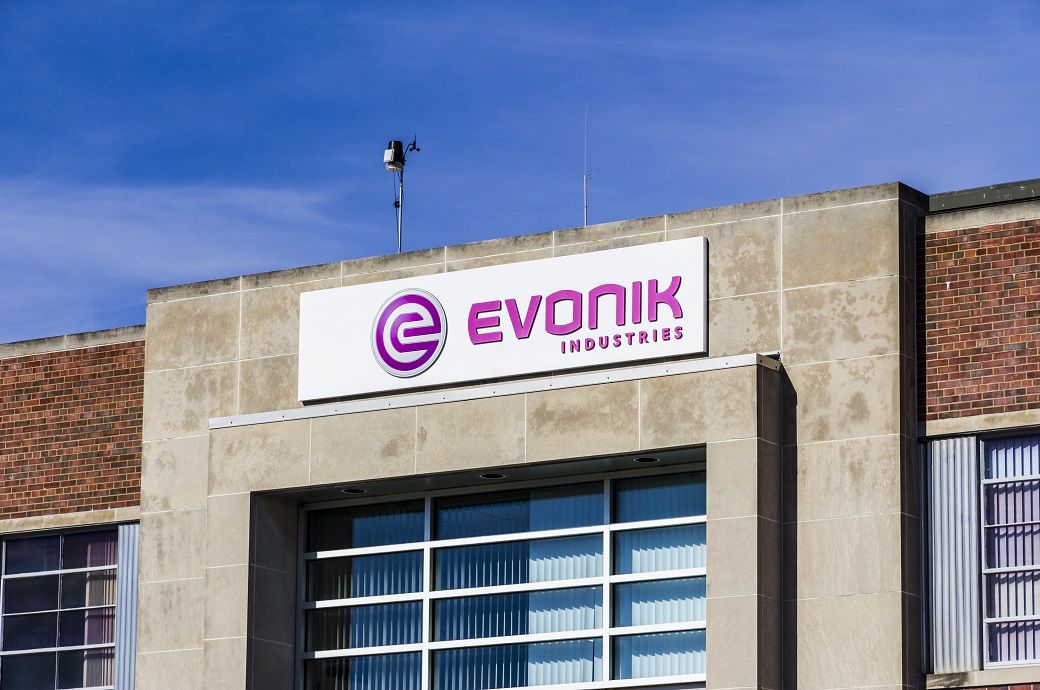
“Directly using CO2 as a feedstock is a milestone for sustainable chemistry on an industrial scale,” says Prof. Dr. Robert Franke, Project Leader at Evonik Oxeno. “Our collaboration with LIKAT and Ruhr University Bochum demonstrates how excellent fundamental research combined with industrial expertise can lead to innovative solutions for transforming the chemical industry.”
Carbonylation is a central process in chemical manufacturing, in which olefins - a group of hydrocarbons - are converted into esters or acids using carbon monoxide. These substances are essential components of many everyday products. The process yields both basic chemicals - such as methyl methacrylate, the precursor for acrylic glass - and specialty chemicals like the fragrance valeric acid methyl ester.
The newly developed bimetallic catalyst system replaces toxic carbon monoxide with climate-friendly carbon dioxide and green hydrogen. In the presence of the transition metals iridium and palladium, along with a proven industrial phosphine ligand, olefins are directly converted into esters. The system shows high selectivity for linear products, which are particularly valued in industrial applications.
“This catalyst system is a great example of how targeted research can contribute to the defossilization of the chemical industry. CO2 is no longer seen as waste, but as a valuable resource,” says Dr. Ralf Jackstell, Head of Research Group at LIKAT.
ALCHEMPro News Desk (RM)
Receive daily prices and market insights straight to your inbox. Subscribe to AlchemPro Weekly!